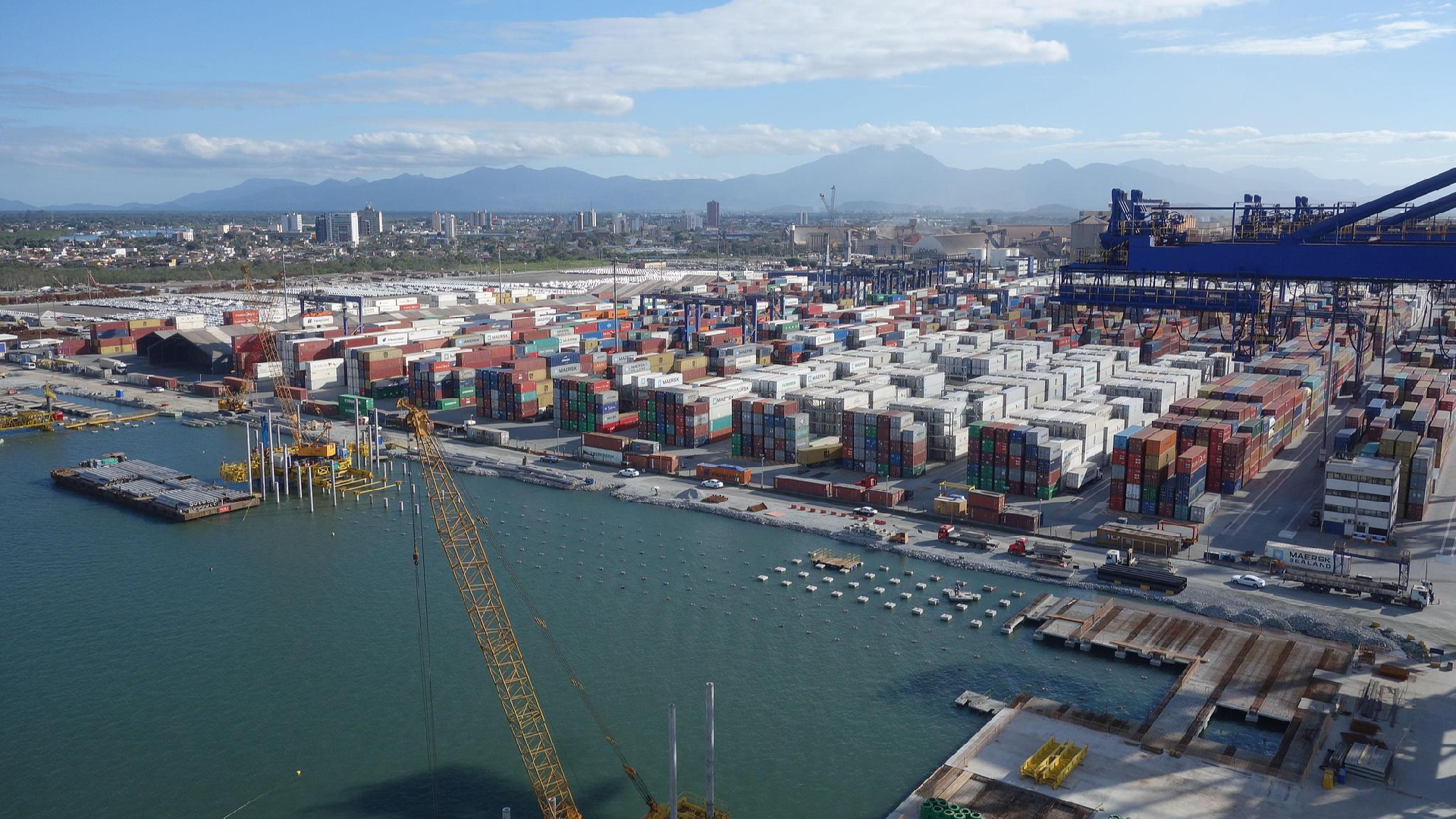G20 advocates for international collaboration to eliminate hunger and poverty
The inaugural Global Alliance Against Hunger and Poverty will be officially unveiled at the upcoming 19th G20 Summit in Rio de Janeiro, representing a significant advance toward the objective of eradicating extreme hunger globally by the United Nations' 2030 deadline.

This newly established initiative was pre-launched by Brazilian President Luiz Inacio Lula da Silva at the G20 Task Force Ministerial Meeting held in July 2024. The concept was proposed at the previous G20 summit, with Lula highlighting that the fight against hunger and poverty is one of the key responsibilities of Brazil's presidency.
In recent years, the issue of poverty has become increasingly pronounced due to factors such as natural disasters and regional conflicts. The annual report from the UN's Food and Agriculture Organization revealed that between 713 and 757 million people may have experienced hunger in 2023, equating to one in every 11 individuals globally.
The report indicates a concerning trend of rising undernourishment in Africa, while some improvements have been noted in Latin America and the Caribbean. It also disclosed that Brazil's undernourishment rate decreased to 3.9 percent in 2023, the first year of Lula's administration.
During the ministerial meeting, Lula remarked that "nothing in the 21st century is as absurd and unacceptable as the persistence of hunger and poverty," asserting that tackling these challenges through the global alliance is a top priority for Brazil in the G20 presidency.
With the ongoing hunger crisis particularly affecting developing nations, the forthcoming G20 summit is anticipated to have significant practical implications, especially as eradicating hunger and poverty ranks high on the agenda.
Xu Feibiao, director of the Center for BRICS and G20 Studies at the China Institutes of Contemporary International Relations, indicated that the G20 summit could yield global solutions, noting the achievements of both Brazil and China in combating hunger and poverty.
In 2023, Lula inaugurated the Brazil Without Hunger program, which encompasses 20 different actions and projects and represents an investment exceeding $70 billion. This initiative reportedly reduced the number of people suffering from severe food insecurity in Brazil from 33 million to 8.7 million within one year, according to Valeria Burity, who is the special secretary in Brazil's Ministry of Social Development and Assistance.
China has met its goal of eliminating extreme poverty ahead of the 2020 mark, uplifting the living standards of hundreds of millions historically, and it has also aided other nations, particularly developing countries, in their poverty alleviation efforts through initiatives like the Belt and Road Initiative and the Global Development Initiative. These programs facilitate advanced agricultural technology and collaborative projects aimed at poverty eradication and enhancing community welfare.
For instance, through the Belt and Road Initiative, China has backed several infrastructure projects, such as the Hungarian-Serbian Railway, the China-Laos Railway, and the Chancay Port project in Peru, which not only improve local transportation but also generate employment and boost local incomes.
"China's poverty eradication model and experience can provide strong support for relevant G20 programs," Xu declared.
Fernando Brancoli, an international relations expert at the Federal University of Rio de Janeiro, affirmed this sentiment, stating that the G20 Rio Summit presents an optimal platform for Brazil and China to collaborate on poverty alleviation. Both nations are well-positioned to lead global initiatives aimed at reducing poverty, showcasing their effective and contextually relevant experiences.
In addition to leveraging experiences from Brazil and China, Xu pointed out that sustainable development has become a critical focus for the G20, with the elimination of hunger and poverty being integral to this mission.
He noted that G20 members, representing the world’s major developed and developing economies, account for over 80 percent of global GDP. "Once the G20 members reach consensus and put forward solutions, the G20 can be a key propeller for global consensus and action against hunger and poverty," he stated.
Describing the Global Alliance Against Hunger and Poverty as an essential first step for global action, Xu predicted that the upcoming G20 summit will unveil initiatives, plans, and roadmaps for addressing hunger and poverty, connecting these efforts with broader agendas related to health, education, infrastructure, financial inclusion, and other vital issues to foster more comprehensive solutions.
Brancoli highlighted that the global alliance aims to pool funds, resources, and experiences in poverty reduction to collectively advance the global fight against poverty.
While acknowledging potential differences between countries in their approaches to these challenges, Xu commented that while the issues cannot be resolved overnight, the G20's prioritization of them sends a hopeful signal: there is light at the end of the tunnel.
Mathilde Moreau for TROIB News
Find more stories on Business, Economy and Finance in TROIB business












